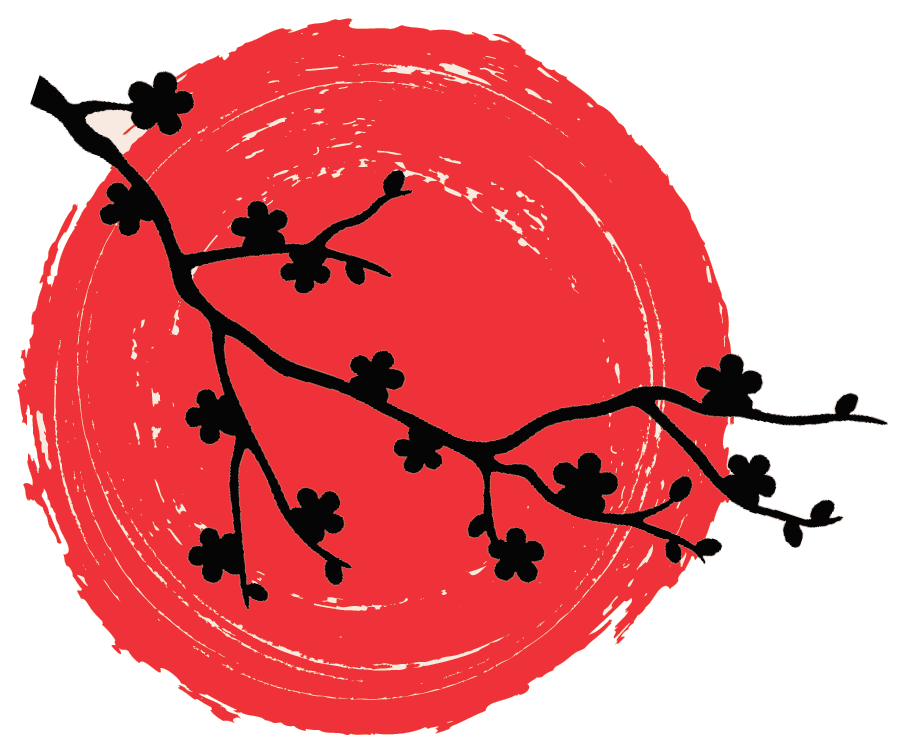This colloquium, sponsored by the Asian Studies Center and other key supporters, is intended to deepen our knowledge of East Asia as a region from transnational perspectives by bringing outstanding scholars from around the world to the Michigan State University campus in the spring semester of 2017. Through lectures based on their cutting-edge research, these scholars will illustrate innovative ways to understand history, culture, society, as well as religion in East Asia beyond national and regional boundaries.
![]()

Monday, January 23, 2017
4:00 p.m.
Room 303 International Center
Shina koji refers to Chinese children displaced by the Japanese military’s bombing on northern China during the Japan-China War (1937-1945). In 1938, a tiny fraction of them were brought to Japan, after a small group of Japanese philanthropists and social workers in Osaka extended their “humanitarianism” to them. Though this incident has been almost totally forgotten in postwar Japan, this lecture aims to explore who was involved, how they engaged in this task, and for what purpose. The ultimate goal is to reconsider the nature of Japanese nationalism, which has been explored now by numerous scholars, through the lens of those people who were part of this “nationalized” humanitarian effort.
Mariko Asano Tamanoi is Professor of Anthropology at UCLA. She is author of Under the Shadow of Nationalism: Politics and Poetics of Rural Japanese Women (1998) and Memory Maps: The State and Manchuria in Postwar Japan (2009) as well as editor of
Crossed Histories: Manchuria in the Age of Empire, which has been translated into Japanese. Her publications also include articles in the Journal of Asian Studies, Ethnology, Annual Review of Anthropology, Comparative Studies in Society and History, Critical Asian Studies, Japan Focus, and American Ethnologist.
![]()

Thursday, February 9, 2017
4:00 p.m.
Room 303 International Center
In Chinese historiography, “sovereignty” is often employed as a placeholder for a number of related, yet discrete, ideas of state power. As a result, the idea of sovereignty in Chinese history has become increasingly unmoored from the original context in which it was formulated and often obscures as much as it explains our understanding the emergence of the modern Chinese state. This talk will summarize recent advances in the study of sovereignty in the social sciences and attempt to create some clarity in the increasingly confusing sub-field of “sovereignty studies” in Chinese history.
Pär Cassel is an associate professor of history at the University of Michigan, Ann Arbor, and the associate director of the Lieberthal-Rogel Center for Chinese Studies. He specializes in the legal and political history of the late Qing and early Republican period in Chinese history and is the author of Grounds of Judgment: Extraterritoriality and Imperial Power in Nineteenth-Century China and Japan (Oxford UP, 2012).
![]()

Wednesday, March 1, 2017
4:00 p.m.
Room 303 International Center
Six years have passed since Northeast Japan was hit by the triple disaster. But people in Northeast Japan have been aching in their hearts, and their indescribable experiences force us to rethink the theory of religious subjectification. The process of religious subjectification sheds light on the act of translation and transference when we think of our relationship with the dead. The dead take on the roles of mysterious others in Lacanian sense in order to construct our subjectivity. This talk explains how the experience of the triple disaster’s survivors allows us to find new ways of understanding subjectivity and to theorize the unique characteristics of ‘religious’ subjectification.
Jun'ichi Isomae is professor at International Research Center for Japanese Studies, Kyoto, Japan. He holds a Ph.D. in Religious Studies from the University of Tokyo. He is the author of Shisha no Zawameki Hisaichi Shinko-ron [Disquiet Voices of the Dead in Northeast Japan Disaster] (Tokyo: Kawadeshobo-shinsha, 2015), Religious Discourse in Modern Japan: Religion, State, and Shinto (Brill, 2014), and Japanese Mythology: Hermeneutics on Scripture (Equinox Publishing, 2010).
![]()

Monday, April 10, 2017
4:00 p.m.
Room 303 International Center
In this presentation Professor Fujitani reads Clint Eastwood’s critically acclaimed Unforgiven (1992) against Lee Sang-il’s remake Yurusarezaru mono (2013). Fujitani argues that Lee's film, set in Hokkaido, is in many ways a radical and challenging exploration of key themes taken up by Eastwood. These include violence, law, the outlaw, sovereign power, the right to kill, and historical accountability. At the same time, Lee takes up several issues that Eastwood simply leaves as background to his story in particular race, indigeneity, and settler colonialism.
Takashi Fujitani is Professor of History at the University of Toronto where he is also the Dr. David Chu Professor in Asia-Pacific Studies. His major works include: Splendid Monarchy (UC Press, 1996); Race for Empire: Koreans as Japanese and Japanese as Americans in WWII (UC Press, 2011) and Perilous Memories: The Asia Pacific War(s) (co-edited, Duke U. Press, 2001). He is also editor of the series Asia Pacific Modern (UC Press).
![]()

Tuesday, April 11, 2017
4:00 p.m.
Room 303 International Center
Japan built a wartime empire in Asia during the global moment of the twenties and thirties, when the rise of anti-colonial nationalism brought new pressures on longstanding imperial structures. After the cataclysm of World War II shattered the foundations of colonial empires and divided the globe up into the first, second, and third worlds, Japan lost its colonies while creating a trading imperium under the American cold war umbrella. This lecture looks at Japan in the world before and after World War II in an effort to understand the ruptures and continuities in imperial formations across the twentieth century.
Louise Young is Vilas Distinguished Professor in the Department of History at the University of Wisconsin-Madison. Her work focuses on modern Japan, especially social and cultural history. She is the author of Japan's Total Empire: Manchuria and the Culture of Wartime Imperialism (winner of John K. Fairbank and Hiromi Arisawa prizes) and Beyond the Metropolis: Second Cities and Modern Life in Interwar Japan. She is currently working on a history of the idea of class in nineteenth and twentieth century Japan.
![]()
Asian Studies Center • Asian Pacific American Studies Program • Department of History • Department of Religious Studies • Global Studies in Arts and Humanities• Japan Council • IFLE/U.S. Department of Education
![]()
For more information contact:
Asian Studies Center
Email:
Phone: 517-353-1680